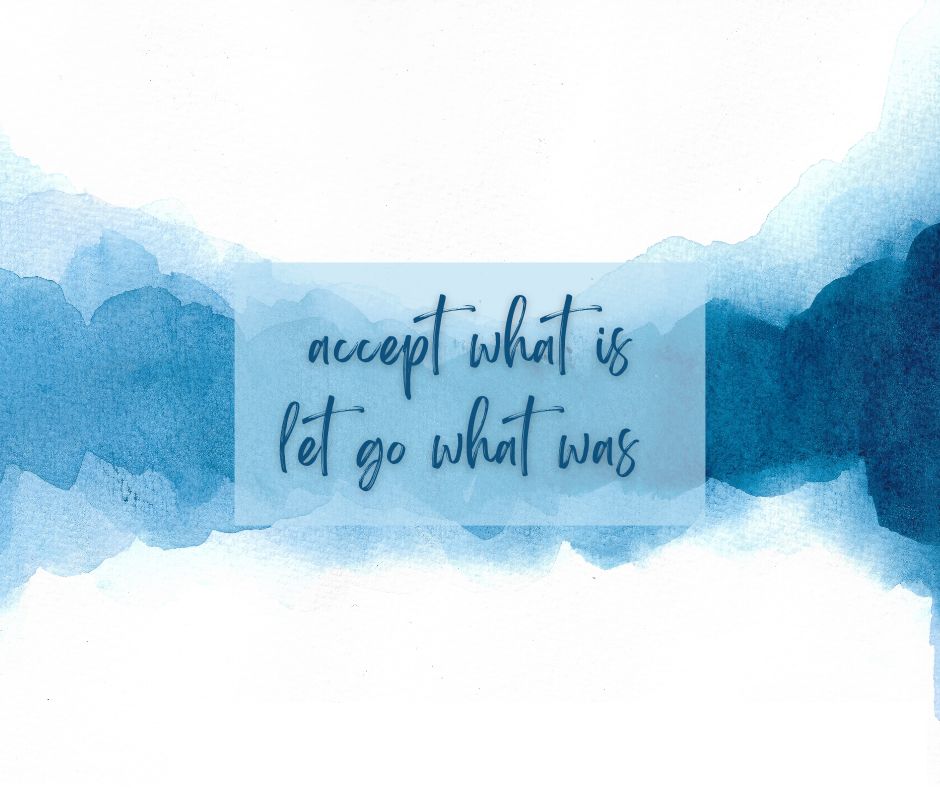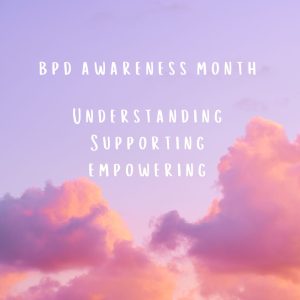
We live in unpredictable times—global conflict, economic instability, AI advancements, climate anxiety, and social media pressures. For individuals living with Borderline Personality Disorder (BPD), or anyone navigating emotional sensitivity, these changes can feel overwhelming.
Enter Dialectical Behavior Therapy (DBT)—a skills-based approach designed to help people tolerate distress, regulate emotions, and improve relationships. Among its most powerful tools is radical acceptance—a skill that may be more essential now than ever.
Radical acceptance rests on letting go of the illusion of control and a willingness to notice and accept things as they are right now, without judging.
Marsha Linehan
What is Radical Acceptance?
In DBT, radical acceptance means fully acknowledging reality as it is—without judgment, resistance, or avoidance. It does not mean approval and it is not the same as giving up. Instead, it’s about letting go of what we cannot change and shifting our energy toward what we can.
Radical acceptance is the emotional equivalent of unclenching your fists. It doesn’t erase pain, and it frees us from the added suffering of denial and resistance.
Why Radical Acceptance Is Relevant Today
Radical acceptance helps us cope with:
- AI and automation anxiety (e.g., job changes, evolving identities)
- Burnout and emotional fatigue in an always-on culture
- Health and financial stress in the wake of global instability
- Uncertainty about the future in a rapidly changing world
Without acceptance, we remain trapped in suffering: “It shouldn’t be like this.”
With acceptance, we begin to say: “This is hard, and this is what’s happening.”
Practical Ways to Practice Radical Acceptance
- Name What You’re Resisting
- Ask: What am I struggling to accept? Be specific.
- Example: “I lost my job.” → “I wish this weren’t true, and it is.”
- Check the Facts
- Is the situation as catastrophic as your emotions suggest?
- Use Wise Mind to balance emotional and rational perspectives.
- Drop the Judgment
- Replace “It’s unfair and horrible” with “This is hard, and this is reality.”
- Use Mindfulness of the Present Moment
- Stay in your body. Feel your feet on the ground. Breathe.
- Accept one moment at a time and let go of imagined future pain.
- Try a Radical Acceptance Mantra
- “This is the way it is right now.”
- “I don’t like it, and I can live with it.”
The Dialectical Lens: Acceptance and Change
Radical acceptance doesn’t mean we stop trying. It means we start from where we are and work toward change. That’s the heart of dialectics: holding two truths at once—this is painful, and I can move forward.
For someone with BPD, this might look like:
- Accepting a partner’s decision to leave and committing to self-care.
- Acknowledging an emotional outburst happened and planning how to repair or respond differently next time.
Final Thoughts: A Tool for Modern Survival
Radical acceptance isn’t easy. It is also deeply freeing. In a world full of uncertainty, this DBT skill helps us shift from resistance to resilience. And for those navigating BPD or intense emotions, it’s more than a skill—it’s a survival strategy grounded in compassion.
Try This: A 5-Minute Radical Acceptance Practice
Set a timer. Sit comfortably. Bring to mind something you’re struggling to accept. Breathe. Say to yourself:
🟢 “This is happening.”
🟢 “It is what it is.”
🟢 “I may not like it, but I can handle it.”
Repeat. Then ask: What can I do next?




